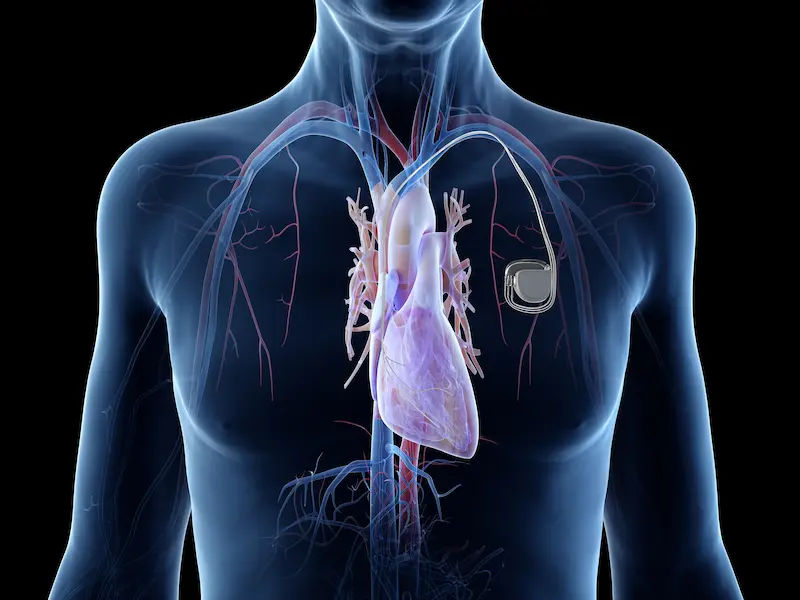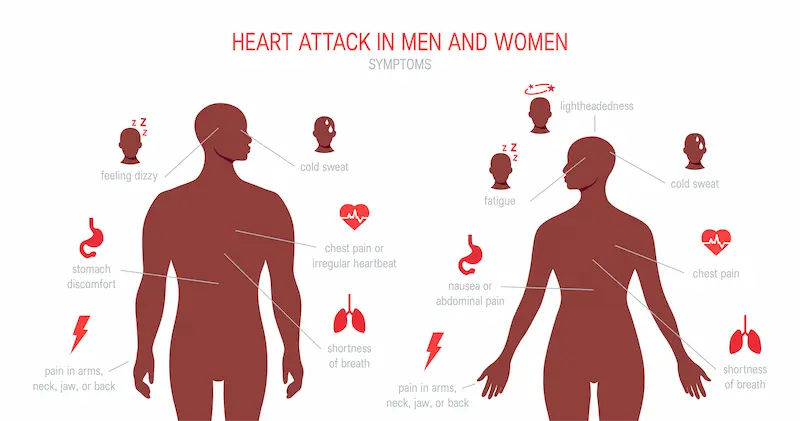- Male
- 23 Years
- 29/01/2025
I'm doing exercise six days a week and I've noticed my heart rate is a bit high sometimes. There are moments when my heart feels chilly, and occasionally, after eating, it feels like there's a burning sensation. Should I be worried about these symptoms or is this normal?
Answered by 1 Apollo Doctors
It sounds like you may be experiencing symptoms of heartburn and possibly some irregular heartbeats. For heartburn, you can try taking an antacid like Tums (calcium carbonate) 500mg as needed after meals. If the symptoms persist, you can also consider taking an H2 blocker like Zantac (ranitidine) 150mg twice daily. For irregular heartbeats, it's important to monitor your heart rate and rhythm. If you continue to experience high heart rate, you may need to consult a cardiologist for further evaluation.
Dr. Dhankecha Suggests...
Consult a Cardiologist
Answered 04/07/2025
0
0

More Cardiology Health Queries
View allI'm 28 and I've noticed my blood pressure is around 160100 lately. Can you help me understand why this might be happening and how I can bring it down naturally?
High blood pressure can be caused by various factors such as stress, unhealthy diet, lack of physical activity, smoking, excessive alcohol consumption, and genetics. To reduce high blood pressure naturally, you can try the following. Maintain a healthy diet rich in fruits, vegetables, whole grains, and lean proteins. Limit your salt intake. Engage in regular physical activity such as brisk walking, jogging, or swimming. Manage stress through techniques like meditation, yoga, or deep breathing exercises. Limit alcohol consumption and quit smoking. Ensure an adequate amount of quality sleep. Consider incorporating foods rich in potassium, magnesium, and calcium into your diet. If these lifestyle changes do not effectively lower your blood pressure, you may need medication.
Answered by 1 Apollo Doctors
I'm really worried about my high blood pressure since I'm only 27. I've been dealing with anxiety and PCOS, and I've been taking Diane 35 and Fincar for the past month. Lately, I find myself getting short of breath whenever I think about all of this. I don't want to die early and really want to improve my lifestyle. What should I do?
High blood pressure can be concerning, especially at a young age. It's important to manage your blood pressure to reduce the risk of complications. Since you are already taking Diane 35 and Fincar for PCOS, it's essential to monitor your blood pressure regularly. In addition to lifestyle modifications such as maintaining a healthy diet and regular exercise, you may benefit from medication to help control your blood pressure. I recommend consulting with your healthcare provider to discuss the possibility of starting an antihypertensive medication such as Amlodipine 5mg once daily to help lower your blood pressure and reduce the risk of complications. Remember to continue monitoring your blood pressure and follow up with your healthcare provider regularly to adjust your treatment plan as needed."
Answered by 1 Apollo Doctors
Is honey good for high blood pressure?
Blood pressure is an important risk factor for heart disease, and honey may help lower it. This is because it contains antioxidant compounds that have been linked to lower blood pressure
Answered by 1 Apollo Doctors
Disclaimer: Answers on Apollo 247 are not intended to replace your doctor advice. Always seek help of a professional doctor in case of an medical emergency or ailment.




